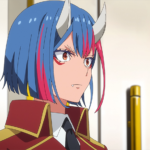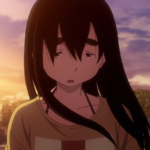Two non-Japanese individuals were detained in Kumamoto Prefecture, Japan on February 4th under allegations of infringing copyright laws by illicitly obtaining and distributing images from the widely popular manga magazine Weekly Shonen Jump prior to the official on-sale date.
This incident has created ripples in the manga industry as several websites that have been providing illegal scans of manga chapters before release have shut down following the arrests, alongside numerous social media accounts that have been involved in leaking such content.
In the wake of the recent arrest reports about two suspected leak providers in Japan, Aasahi newspaper shows images of screenhots provided during the Kumamoto Cybercrime division press conference including Twitter/X screenshots of a popular Jujutsu Kaisen leaker and of…
— Manga Mogura RE (Manga & Anime News) (@MangaMoguraRE) February 4, 2024
The two apprehended men were identified as 36-year-old Musa Samir, who operates an enterprise called Japan Deal World LLC in Tokyo, and one unnamed accomplice.
As per the probe details furnished by Shueisha – the publishing house that publishes Weekly Shonen Jump – the images are procured by bribing employees of bookstores and outlets that receive shipments of the magazines multiple days in advance of the official sale date.
[🔔Long tweet] Details about the arrest of the leakers: 2 people, including a Tokyo-based company owner, were arrested by the Kumamoto Prefectural Police on suspicion of violating the Copyright Act by posting images of manga magazines on the Internet before they were released.…
— sandman (@sandman_AP) February 4, 2024
Though both suspects have contested the charges, Shueisha and Japanese authorities have maintained that such activities have been occurring illicitly for years.
Consequently, the arrests have led to almost all major groups and individuals engaged in leaking and distributing unlicensed scans and translations of manga content ceasing their operations entirely.
Crackdown on Manga Piracy Sparks Shift in Fan Culture and Online Content Creation
Shueisha further disclosed receiving over 1,000 grievances from readers within a week, including warnings to revoke subscriptions.
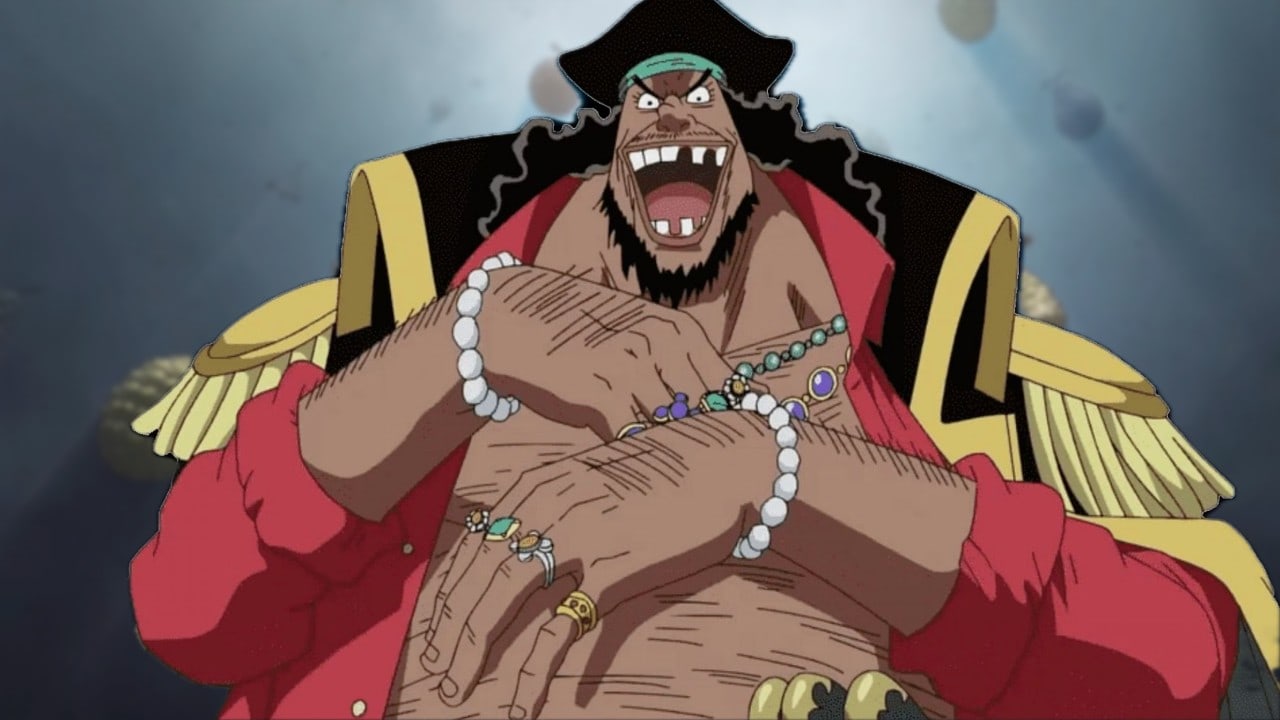
The extensive crackdown on manga piracy by Japanese law enforcement is likely to fundamentally transform how fans access and perceive content.
Several influential online creators habitually depend on leaks and illegal scans for producing videos and commentary on new chapters days in advance of the official release.
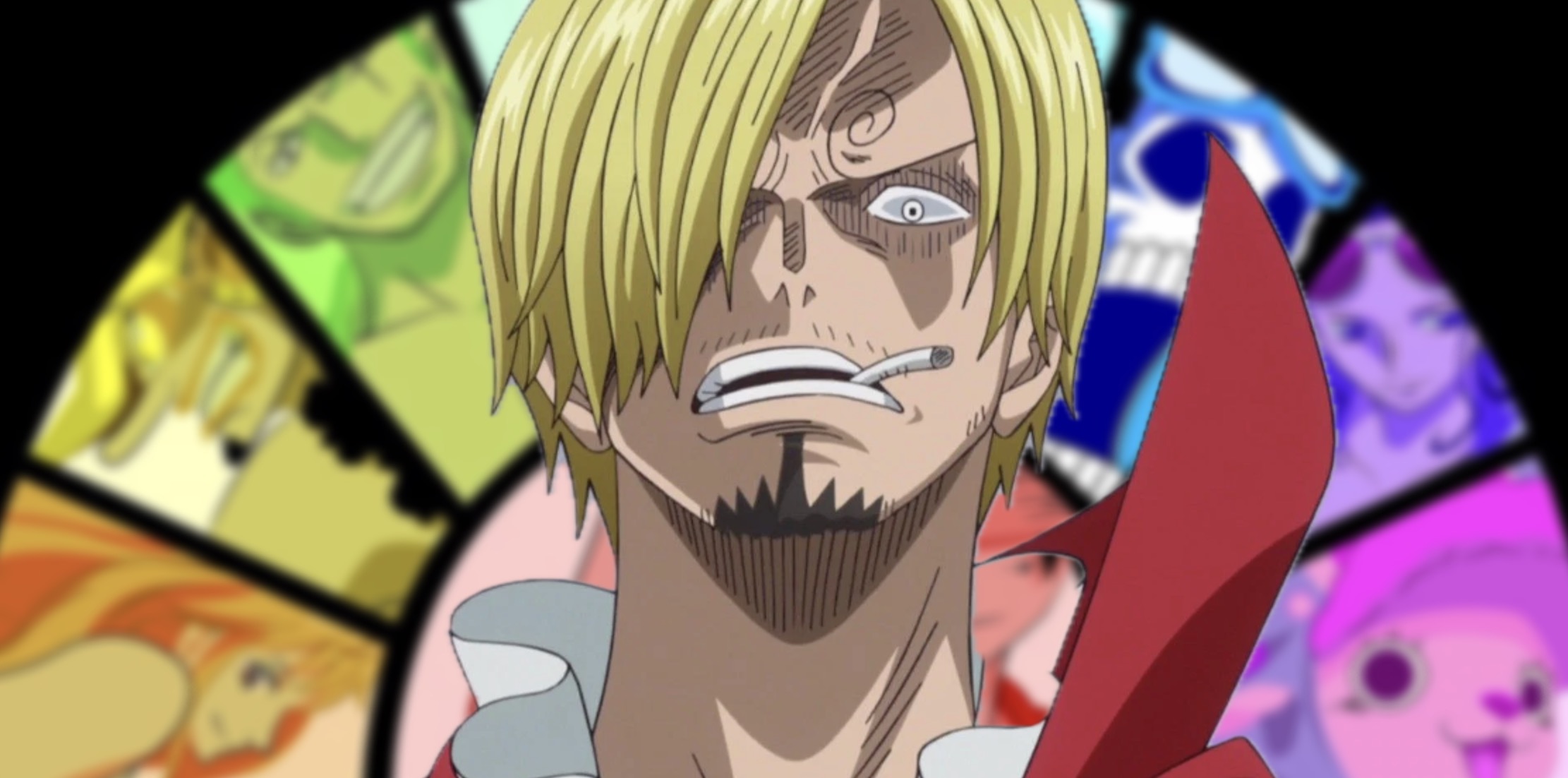
For instance, the prominent One Piece YouTube channel Grand Line Review, which became the first channel focused on the series to reach 1 million subscribers, routinely covers new manga developments using spoilers and has faced criticism over using leaked information in video titles and thumbnails.
Given such accounts amass viewership figures in the millions, it remains to be seen how they will adapt if advance access to pirated content and spoilers diminishes significantly going forward.
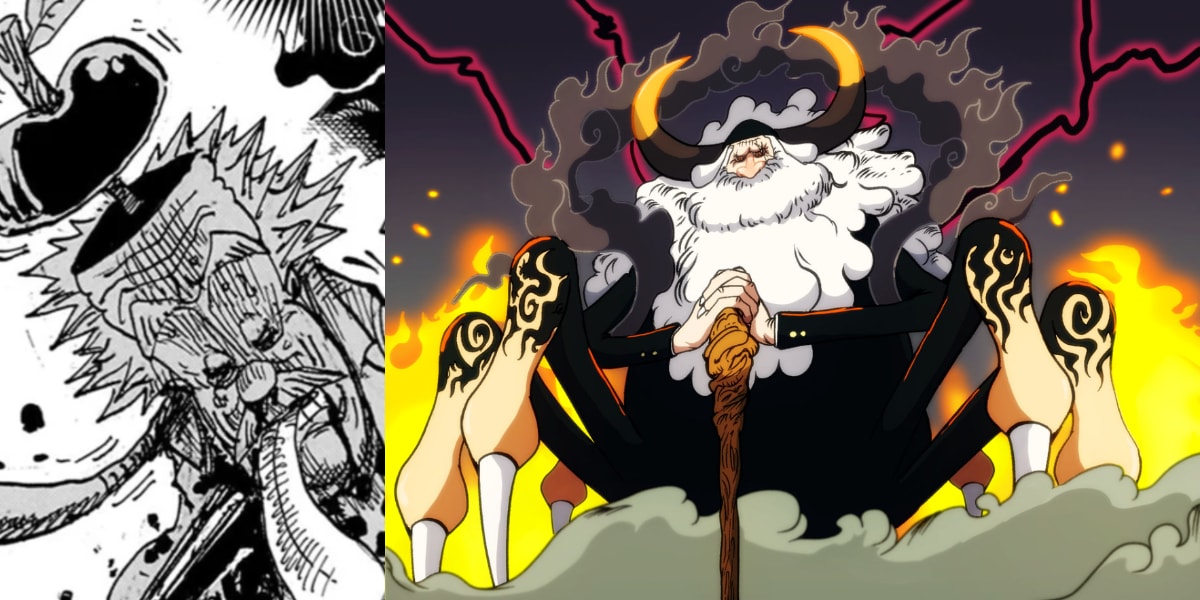
Thereby, the arrests may critically impact both illicit distributions as well as consumption patterns that have normalized accessing manga content earlier than its lawful availability.
The development promises to test the creativity and integrity of online fan communities and influencers in presenting analysis without relying on illegitimate sources.
Manga Publishers Take Aim at Digital Piracy With Arrests and Crackdowns
Shueisha and other manga publishers have endeavored to counter piracy challenges for years. As indicated in their statement, curtailing leakers has proven difficult since images tend to be promptly removed and accounts deactivated before punitive actions can commence.
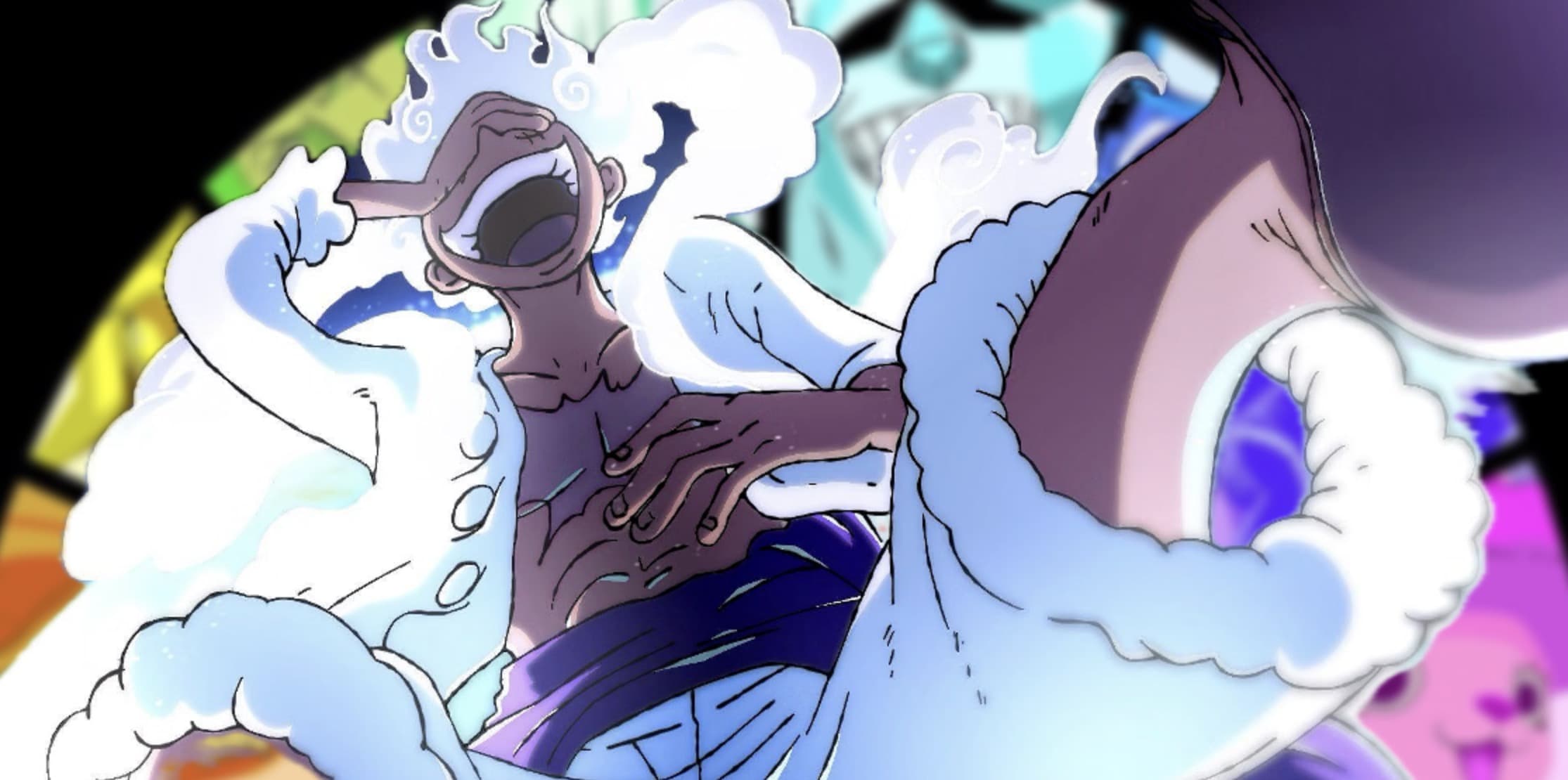
Nevertheless, along with the recent suspension of Manga M, a massive copyright-infringing portal for manga and manhwa, the arrests signal a potential watershed moment heralding the conclusion of practices that, per Shueisha, “could destabilize the very foundations of the industry”.
Intriguingly, the detentions occurred in Kumamoto Prefecture – the birthplace of Eiichiro Oda, creator of the manga mega-hit One Piece, which ironically centers around pirates yet remains disproportionately afflicted by illegal digital piracy.
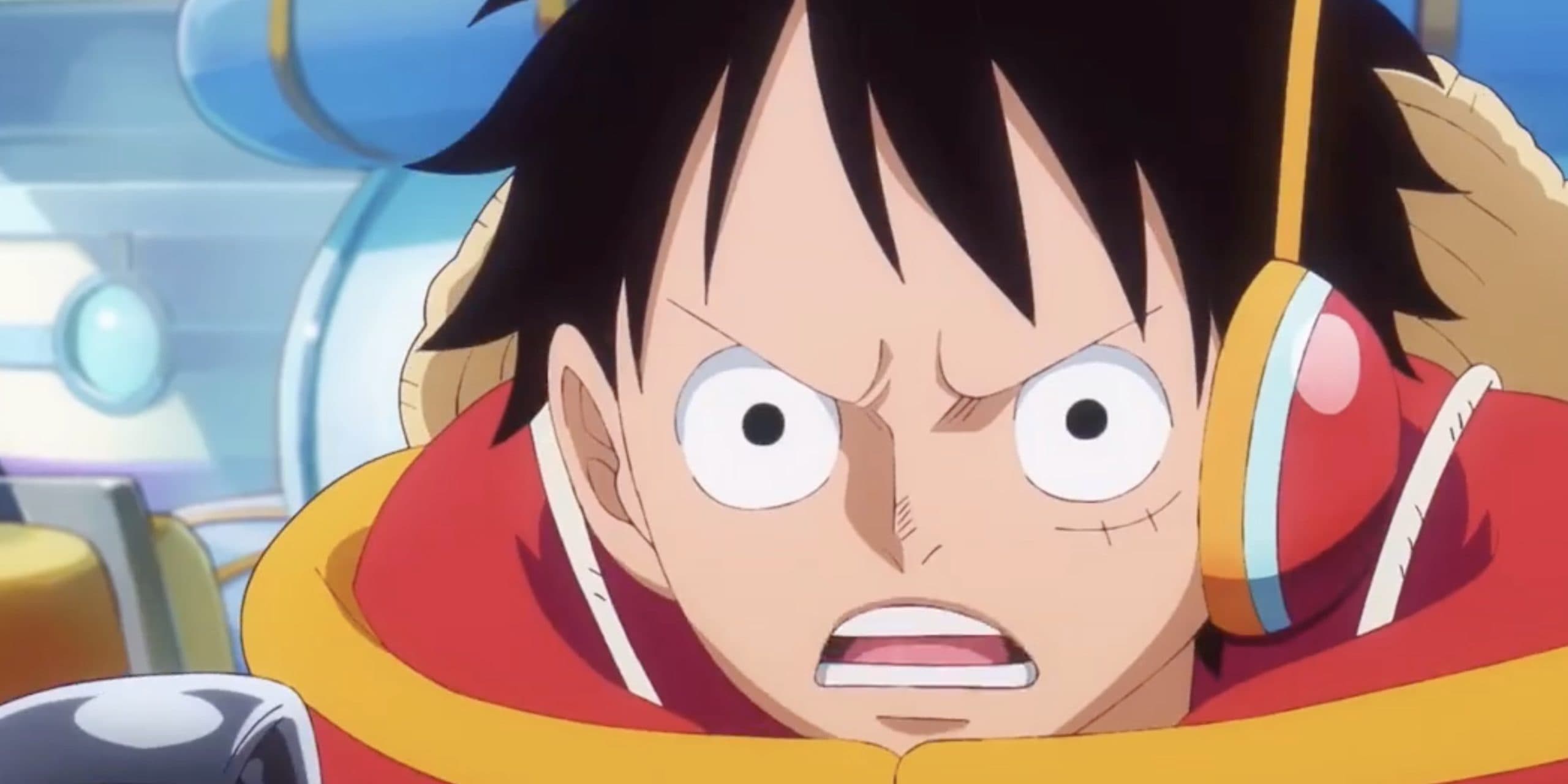
This adds an element of poetic justice to the law enforcement actions.
One expects Shueisha and associates to view these developments as overdue vindication of intensified anti-piracy undertakings.
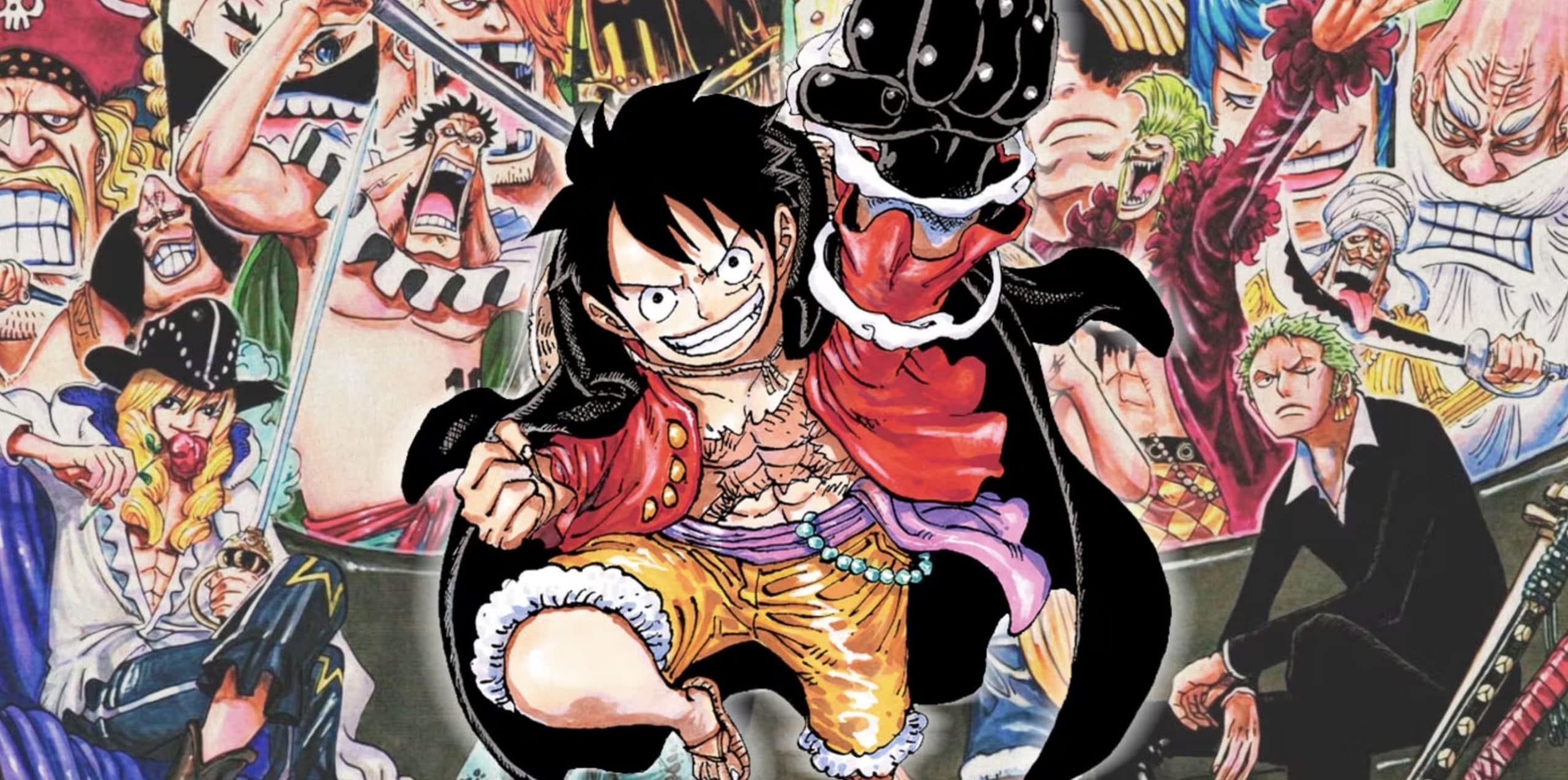
The formidable obstacles notwithstanding, the companies appear cautiously optimistic that brazen online spoiling and unauthorized distribution may have seen its highest watermark.
Much relies on building upon the initial success via persistent vigilance and setting exemplary precedents against copyright defiance at scale.
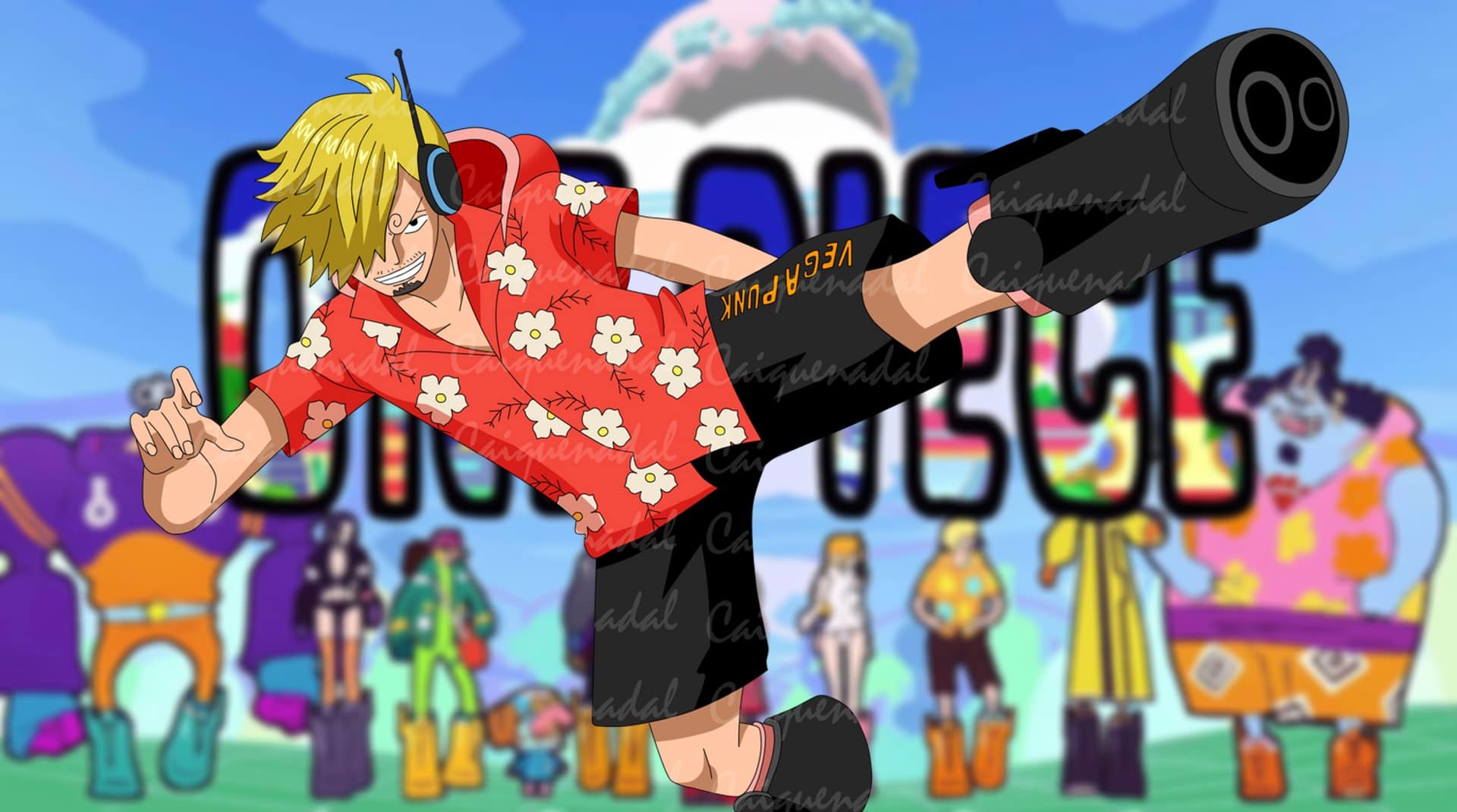
Nonetheless, the arrests have firmly put speculators on notice and provided qualified grounds for manga publishers to reinforce their mandate at this critical juncture.
OPScans’ Closure and Alleged Vendetta Against TCBScans
OPScans, a website engaged in illegally distributing unfinished manga chapters in advance of the official release, has closed down operations.
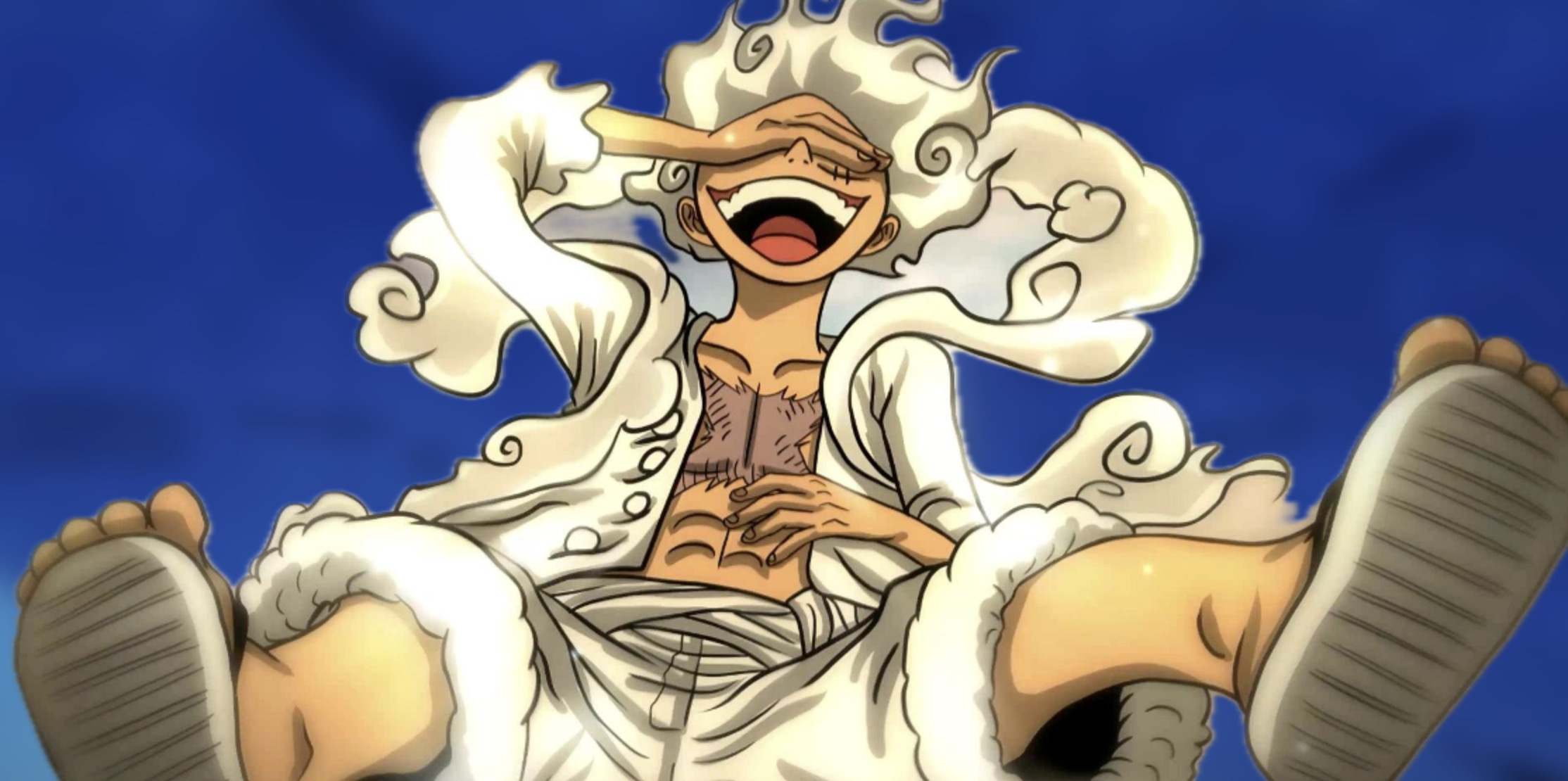
Prior to closure, OPScans brought undesirable attention to fellow copyright-infringing platform TCBScans by publicly posting well-wishes coupled with links to their social media handles.
Given the longstanding rivalry between OPScans and TCBScans in illicitly leaking unreleased manga content, this parting post has been interpreted by many as a vengeful tactic to implicate TCBScans in piracy activities while OPScans exits the scene.
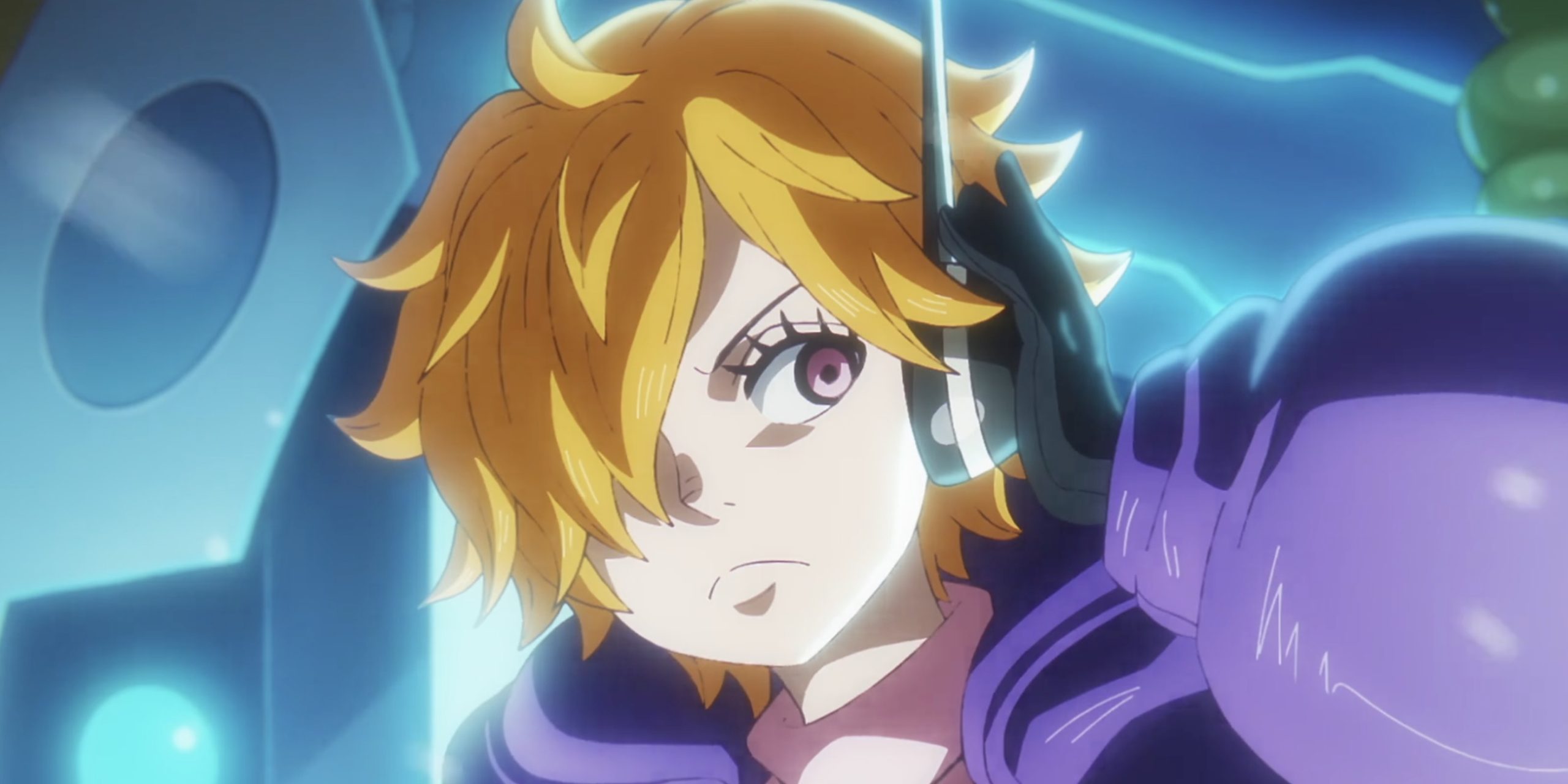
Specifically, some speculate OPScans intentionally attempted to legally compromise TCBScans by openly associating them with manga piracy, just as OPScans shut down.
TCBScans had apparently mocked OPScans for ceasing operations recently, further fueling suspicions of sarcastic intent behind OPScans’ final post targeting their competitor.




